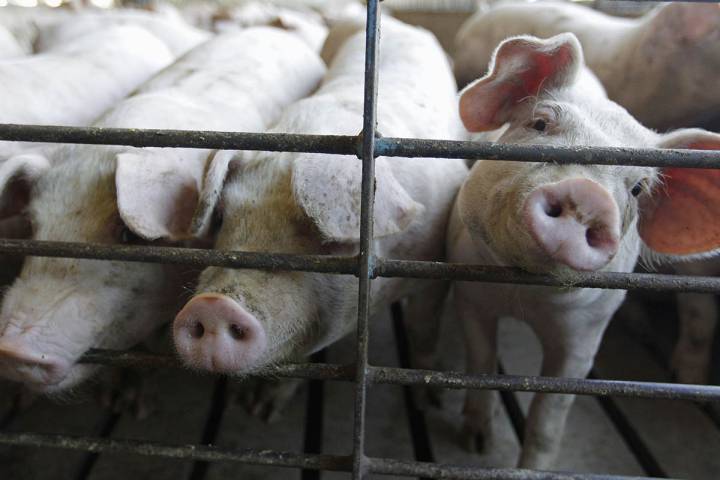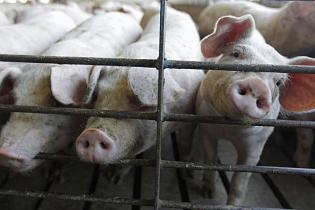Banned Drug Found In Canadian Pig Shipment To China
Canadian Prime Minister, Justin Trudeau, has been pushing for increased bilateral relations with China including an increase in trade and security deals between both countries. The renewed bilateral relation calls have been extensively reported by Konglongw.com. The success recorded so far may be at risk with the flagging of a Canadian pig feet shipment to China for testing positive for residues of banned growth drug, ractopamine.
The pig feet were a product of Olymel LP. In reaction to the discovery, China says it is a “systemic failure” on the part of Canada’s program which certifies pork sent to China as free of ractopamine. According to an email to the industry from the Canadian Food Inspection Agency (CFIA), the single discovery could taint future pork exports.
The spokesman of the company, Richard Vigneault said the pig feet were produced at Vallee-Junction, Quebec slaughter and processing plant. Olymel is one of Canada’s biggest pork processors. Vigneault said the incident is under investigation.
In response, the Canadian Food Inspection Agency has stopped signing certificates that allow the plant to export to China, temporarily. The company has also been asked to request the return of any other shipments that may already be on transit to China, said CFIA spokeswoman, Lisa Murphy.
The alarm was raised by the Chinese inspection authority, AQSIQ, that the 27,000 kilograms (60,000 lb) of frozen pork hocks (otherwise known as pig feet) contained the banned drug, ractopamine.
If the ban on Canadian export of pig feet to China is sustained, it may be a huge blow to the China-Canada bilateral relations considering that China is the world’s largest consumer of pork and one of Canada’s largest pork markets. China imported about 314,000 tonnes of pork in 2016 which was worth 587 million Canadian Dollars.
The recent incident is coming roughly two years after China last detected ractopamine in Canadian pork shipment in 2015. The last detection resulted in the delisting of a number of Canadian processing plant from the list of eligible exporters to China said the spokesman of the Canadian Pork Council, Gary Stordy.
“We’re taking this as a serious situation. We want to understand what happened in the program and how we can take corrective action,” Stordy said.
Ractopamine which is sold as an Eli Lilly & Co drug under the name Paylean is banned in China because of its food safety concerns. Following the discovery, China has stepped up the testing of Canadian pork for ractopamine said CFIA.
The certification of Canadian pork for shipment to China by CFIA is based on verification from farmers, pork processors, and feed mills. The recent incident calls for a stricter verification routine.
Comments
There are 0 comments on this post













